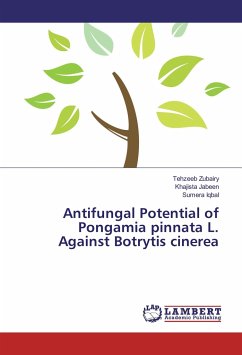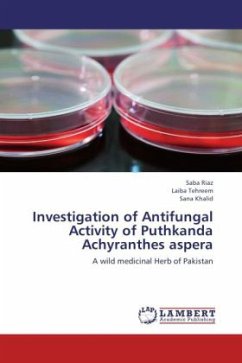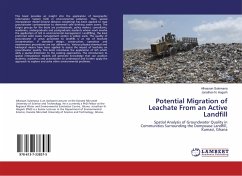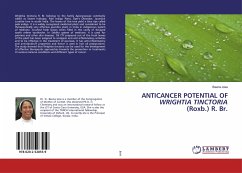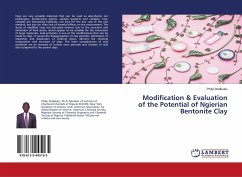Botrytis gray mould (BGM) caused by Botrytis cinerea is a destructive agent of many agronomically important crops worldwide. Onion, tomato, chickpea are some important crops of Pakistan that are infected with BGM. Since, Onion and tomato are the main ingredients of Pakistani cuisine so; its yield losses even at slightly large scale cannot be compensated. To control BGM, there are some cultural practices like crop rotation, tillage practices, use of disease free seeds and synthetic fungicides are being used. The wide uses of chemicals make pathogens resistant for the fungicides that make fungicides inactive. Moreover, the fungicides not only make crops pathogen free but they also pose hazards to our environment. The naturally antifungal compounds from plants which are easily biodegradable have low mammalian toxicity and minimal environmental impacts are the best alternative of synthetic fungicide. Pongamia pinnata is a known medicinal plant for centuries and have known medicinal value is used in this study to evaluate its antifungal activity against B. cinerea.
Bitte wählen Sie Ihr Anliegen aus.
Rechnungen
Retourenschein anfordern
Bestellstatus
Storno

